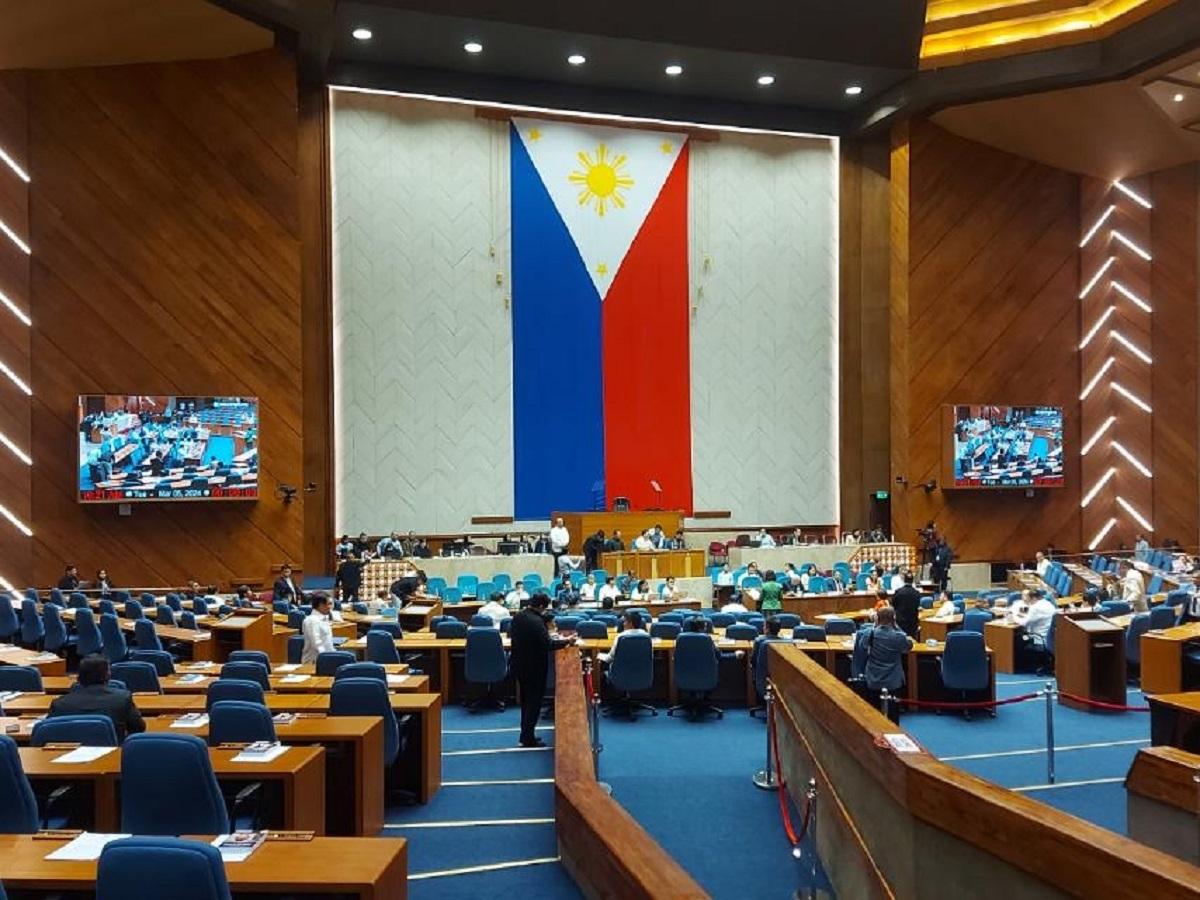Group fears Pinoy students won’t qualify in foreign-owned schools in PH
By LLANESCA T. PANTI, GMA Integrated News Published March 5, 2024 3:58pm An association of Philippine universities and colleges on Tuesday expressed fear that Filipino students may find it difficult to get accepted in foreign-owned schools if ever these institutions are allowed in the country. Speaking during the House deliberations on the Resolution of Both […]


By LLANESCA T. PANTI, GMA Integrated News
An association of Philippine universities and colleges on Tuesday expressed fear that Filipino students may find it difficult to get accepted in foreign-owned schools if ever these institutions are allowed in the country.
Speaking during the House deliberations on the Resolution of Both Houses No. 7, Atty. Anna Marie Abad, counsel for the Philippine Accrediting Association of Colleges and Universities (PAASCU), cited the high standards of these schools and the “crisis in basic education” in the Philippines.
“We have a crisis in basic education. But the fact that we are talking about tertiary education being opened to foreign universities… the question now is whether or not our own Filipino students will be able to attend [these] foreign universities here because of that particular, apparent lack in [competence] in Sciences, Math and English,” Abad said during the deliberations before the House Committee of the Whole.
Abad, who also the dean of Adamson University College of Law, made the response when asked by Cavite Representative Lani Mercado if Filipino students will be able to qualify for foreign-owned schools if ever Congress approves Charter change (Cha-cha) to allow full foreign ownership of vital industries, including educational institutions.
Abad was referring to the 2022 Program for International Student Assessment (PISA) study that has the Philippines as the sixth lowest among the 81 participant countries and economies. The study assessed student literacy in reading, mathematics and science.
“Baka nga hindi makapasa. Ito po ang pinupunto po ng mga schools. The problem is our basic education needs to be strengthened. That is why DepEd (Department of Education) is now doing the Matatag curriculum,” she said.
(We fear they won’t pass the entrance exams in these foreign universities, and this is what the schools are pointing out.)
The Matatag curriculum, launched in August 2023, reduces the number of subjects, with greater emphasis given on the development of Kinder to Grade 3 learners’ foundational skills such as literacy, numeracy, and socio-emotional skills.
The curriculum also introduced a new learning competency called “Makabansa,” which weaves skills in civics, arts and culture, history, and physical education and health.
Abad said the local education sector should be given time to implement the measures addressing the learning crisis.
“Sino po ang makakapasok kung mataas nga po ang standards (who will qualify in these foreign schools)? And the world rankings, we are at the bottom rung?” Abad pointed out.
“It is unfortunate, but this is something that the educational institutions have been really trying to correct, to the credit of our local universities and colleges, as well as the basic education sector,” she added.
But for House Assistant Majority Leader Mikaela Suansing, having foreign-owned schools in the Philippines will greatly benefit both the Filipino students and faculty members because these institutions have sufficient capital to invest on scholarships, as well as training programs for the local faculty.
“I cannot say for sure that tuition rates will go down, but these institutions offer a lot of scholarships for very deserving students, especially those who are very intelligent,” Suansing, who earned her Masters Degree in Public Policy in Harvard University Kennedy School of Government on full scholarship, said in a press conference.
“From experience, Filipino students shine there in Harvard, as well as those from other Southeast Asian countries. They bring depth and unique perspectives in debates, and I would want more Filipinos to benefit from this education,” Suansing added. —KBK, GMA Integrated News














